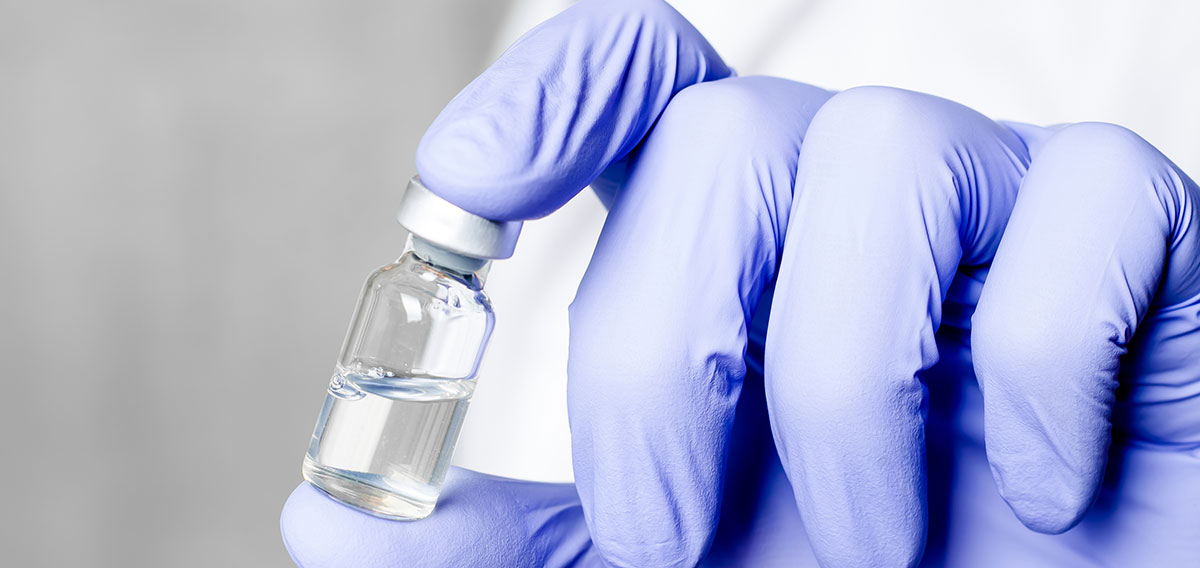
GTMP Sector Searches for Capacity and Experience To Bring Medicinal Products To Market

Peter Wunderli, research fellow, GMP lab, writes about gene therapy medicinal products (GTMP) and their impact on human health and medicine.
The impact of gene therapy medicinal products (GTMP)
Superlatives for gene therapy medicinal products (GTMP) potential to impact human health and medicine are hardly necessary, as new gene modification modalities, targets and applications are announced almost routinely in scientific journals and the media. Successful introductions of cell and gene therapy products appear to be accelerating, clinical trials number in the thousands, investment is increasing, more companies are entering the development process and there is a positive regulatory environment.1,2 It would appear that the trajectory for development and approval of these products could be exponential, but capacity and knowledge limitations within the industry are likely to have an impact.
Strains in the sector
Signs of strains within this sector have been appearing, perhaps the most striking being a loss of nearly $20 billion in market value for multiple gene therapy companies in 2019.3 The reported cause for concern is a lack of manufacturing capacity and references to this are growing within the industry4, 5, 6 and have filtered to the media.7 The Gene Therapy Road Map published by The National Institute for Innovation in Manufacturing Biopharmaceutcials (NIIMBL) was generated to review and assess factors influencing manufacturing of these products.
The NIIMBL road map thoroughly describes the state of the industry and makes multiple recommendations for addressing limitations within this sector, including workforce development.4 As a result, this group is following up on this by funding 15 projects.8 In the U.K., the Cell and Gene Therapy Catapult initiated an advanced therapy medicinal product (ATMP) apprentice program in 2018 to address the lack of experience and includes training for senior managers5 to further develop human capital.
The industry’s demand of human capital for GTMP research
A recent Biopharma Dive article included the following quote: “With the recent explosion of gene therapy programs, a shortage of CMOs and human capital has resulted, driving many companies to bring manufacturing in-house” and/or to locate these facilities in areas where individuals with scientific backgrounds and manufacturing experience are plentiful.3
This is confirmed by the multiple companies (e.g., Allogene,9 Orchard,10 Sangamo11) that are building in-house capacity in the San Francisco Bay area; investments by both Novartis/Avexis12 and Pfizer in Research Triangle Park13; and the choice made by Thermo Fisher Scientific for a Massachusetts location for their recent scale-up GMP manufacturing expansion.14 All are areas where a greater abundance of human capital exists.
Moving GTMP research into the future
The industry’s previous experience with the revolutionary introduction of biopharmaceuticals starting in the 1980s suggests the path forward will be challenging, and many companies have or are seeking individuals with the scale-up and process streamlining knowledge gained from that sector.15,16 There appears to be a general consensus it will take about five years for all of the capacity, production and workforce issues to sort themselves out.15,16 In the meantime, individuals with experience in both the manufacture and analytical assessment of these products will remain in high demand, and, especially for those seeking accelerated approval regulatory mechanisms to advance to market, companies will be required to make early and careful choices regarding their ability to sustain these products well before commercialization.16
Learn more about our expertise in cell and gene therapy.